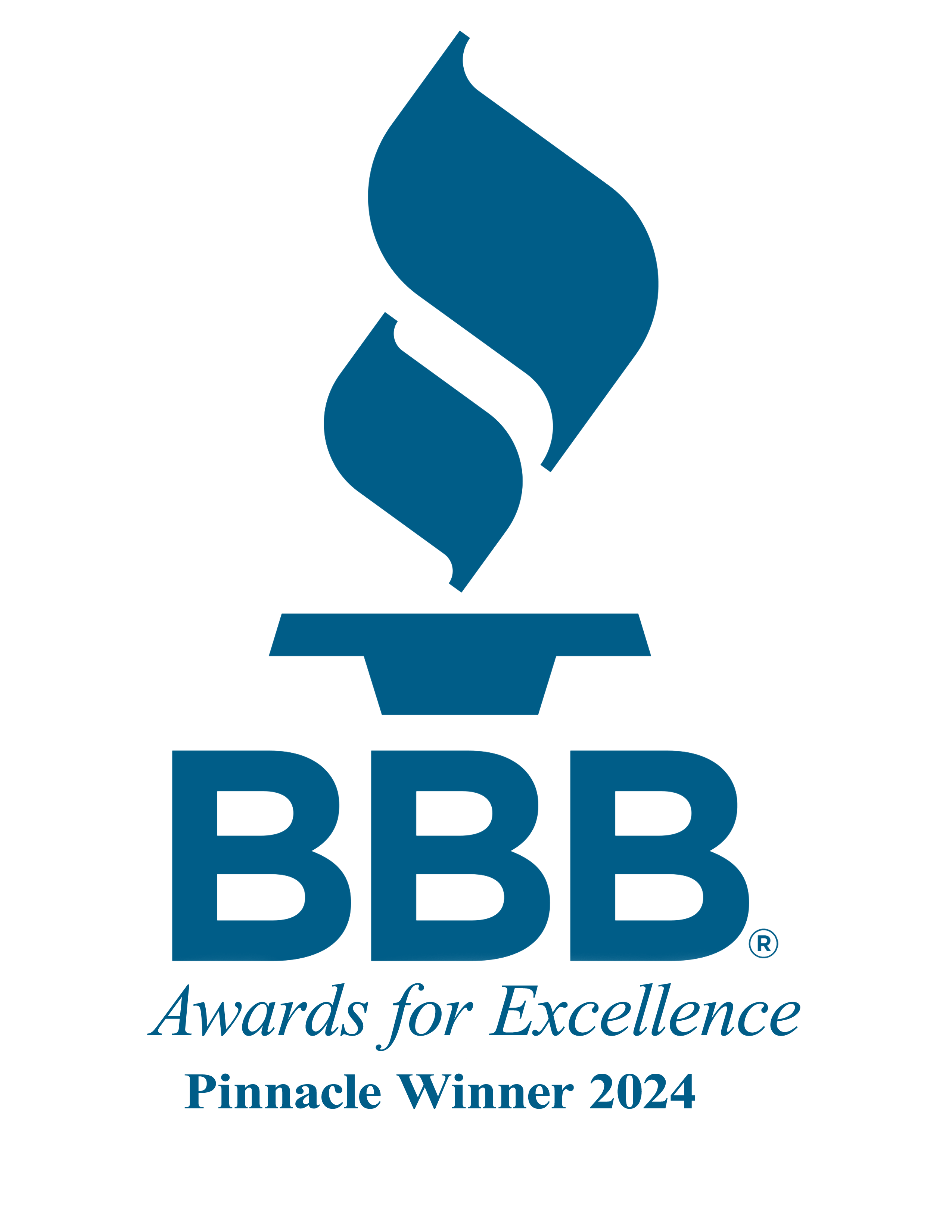
A breakdown of all the federal programs and aid for small business coronavirus assistance.
Three separate packages approved by Congress and signed by President Trump over the past weeks combined offer a variety of assistance to businesses. Here’s a breakdown of what’s in those packages and how your business can take advantage of these relief efforts.
Coronavirus Preparedness and Response Supplemental Appropriations Act
What is it?
Signed into law on March 6, The Coronavirus Preparedness and Response Supplemental Appropriations Act provides $8.3 billion in emergency funding for federal agencies to respond to the coronavirus outbreak, enabling the U.S. Small Business Administration to offer $7 billion in disaster assistance loans to small businesses impacted by COVID-19.
What does it mean for small business?
The SBA is offering designated states and territories low-interest federal disaster loans to small businesses suffering substantial economic harm as a result of the coronavirus.
These loans may be used by small businesses to pay fixed debts, payroll, accounts payable and additional bills that can’t be paid because of COVID-19’s impact. The interest rate is 3.75% for small businesses without other available means of credit. The interest rate for non-profits is 2.75%. Businesses with credit available elsewhere are not eligible.
The SBA loans come with long-term repayments, up to a maximum of 30 years, in an effort to keep payments affordable. Loan terms are determined on a case-by-case basis, according to individual borrower’s ability to repay.
The SBA has amended its disaster loan criteria to help borrowers still paying back SBA loans from previous disasters. By making this change, deferments through December 31, 2020, will be automatic. Hence, borrowers of home and business disaster loans do not have to contact SBA to request deferment.
Where can I learn more?
SBA Coronavirus Small Business Loan Page
Coronavirus (COVID-19): Small Business Guidance & Loan Resources
Families First Coronavirus Response Act
What is it?
Signed into law on March 18, the Families First Coronavirus Response Act (FFCRA or Act) contains eight divisions designed to provide assistance to covered employees and households with eligible children affected by COVID-19. Key components of the Act include:
- Mandatory emergency paid sick leave for covered employees who, as a result of COVID-19, are quarantined, symptomatic or caring for a symptomatic individual, or caring for a child whose school has been closed.
- An expansion of unemployment benefits.
- Modifications to the USDA nutrition and food assistance programs.
- New requirements for coronavirus diagnostic testing.
- A temporary increase in the Medicaid federal medical assistance percentage (FMAP).
What does it mean for small business?
The FFCRA affects small businesses in two key ways:
- Paid sick and family leave. The law requires all private businesses with fewer than 500 employees to provide emergency paid sick or family leave for employees affected by the coronavirus outbreak.
- Employer tax credits. The law provides employers
with fewer than 500 employees with refundable payroll tax credits to cover the
cost of providing the paid sick leave and the paid FMLA leave to their
employees. Specifically, the law states that:
- Employers will receive 100% tax credit against their payroll tax liability up to the capped amount of benefits they must pay.
- Health insurance costs are also included in the credit.
- Self-employed individuals receive an equivalent credit.
- If an employer is owed more than the capped amount and a refund is owed, the IRS will send the refund as quickly as possible.
- Reimbursement will be quick and easy to obtain.
Where can I learn more?
- The full text of the Act can be found at Congress.gov.
- For additional information regarding the mandatory emergency paid sick leave, see this detailed guide provided by the U.S. Department of Labor.
Coronavirus Aid, Relief, and Economic Security Act (CARES Act)
What is it?
The CARES Act, which is expected to be passed by both houses of Congress and signed by the President in the near future, has a number of components aimed at helping small businesses survive and recover from losses suffered during the coronavirus outbreak. Key components of the CARES Act include a loan program from the SBA, changes to unemployment benefits and changes to business tax filing requirements.
What does it mean for small business?
Anticipated key components of the CARES Act include:
- Small Business Paycheck Protection Program: A new lending program that allows businesses to borrow enough to cover monthly payroll costs for businesses for up to 2.5 months. If used for payroll, mortgage interest or other qualified expenses, these loans will be forgiven as long as the employer continues to employ its workers or rehires them when they reopen for business.
- Business tax provisions: Employers can defer payment of the employer share payroll taxes.
- Payments for individuals: It is anticipated those who make less than $75,000 a year will receive direct payments of $1,200 per individual ($2,400 joint return) plus $500 per child. This will phase out for incomes above $75,000 ($150,000 joint filings).
- Unemployment assistance: If your business is closed because of coronavirus and your employees cannot work from home, or your employees are unable to work due to illness or the need to take care of someone who is ill with the virus, they can collect unemployment.
Where can I learn more?
Small Business Administration’s COVID-19 page
More info on IRS tax changes can be found here.
More information on filing for unemployment assistance can be found at the U.S. Department of Labor, though you or your employees will need to file through your state’s unemployment program.









